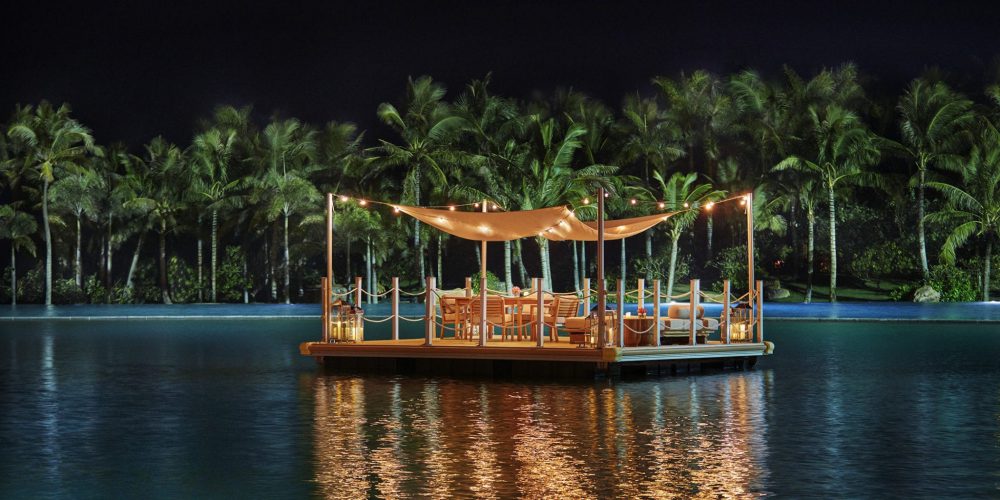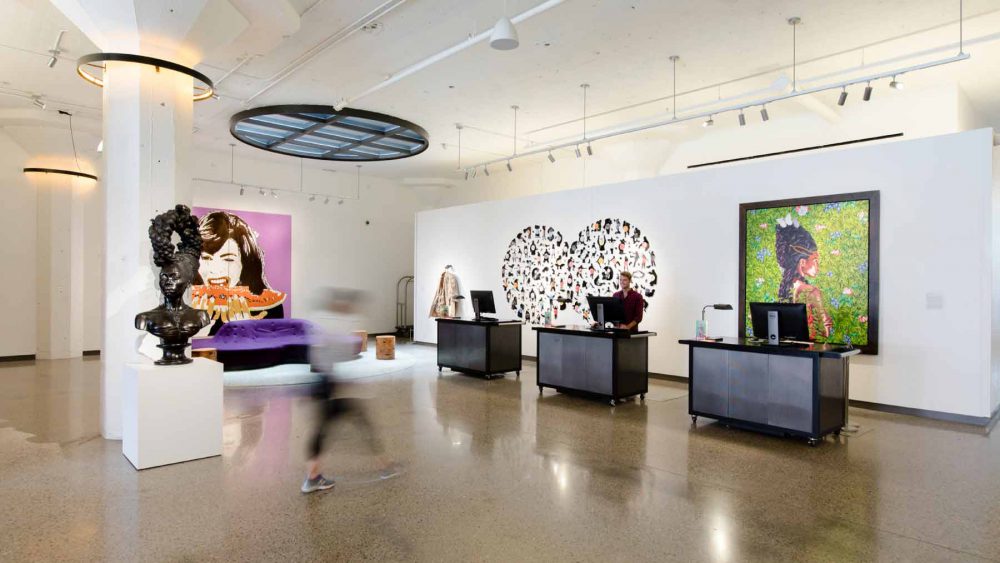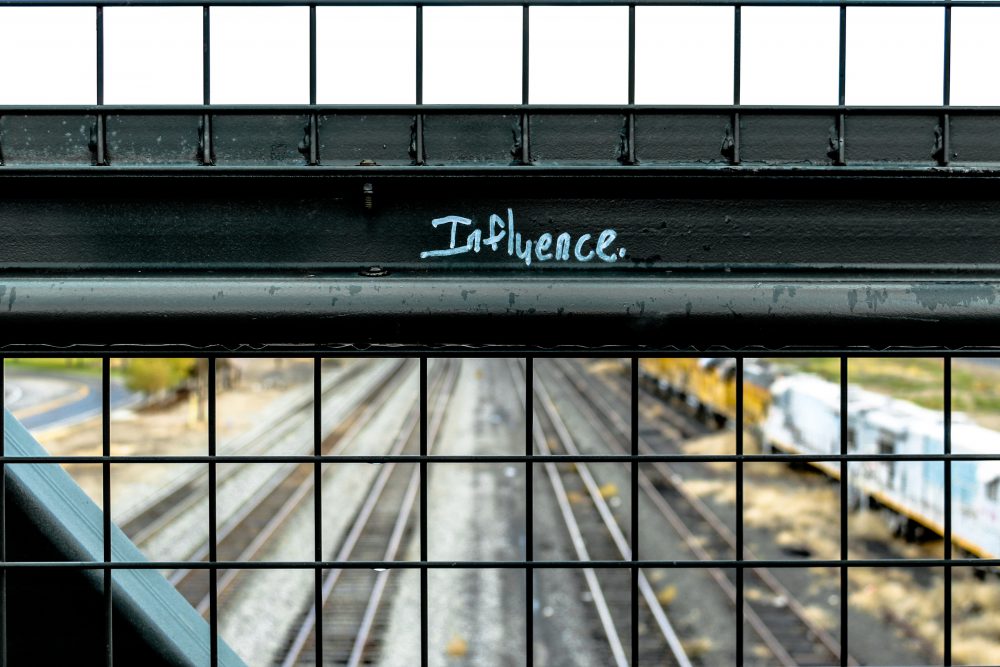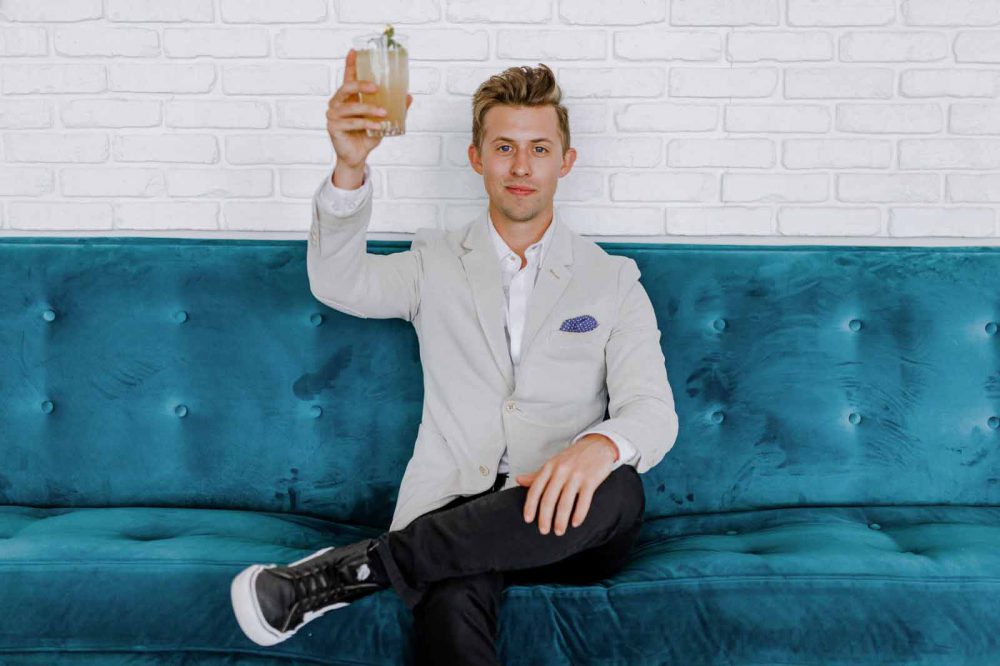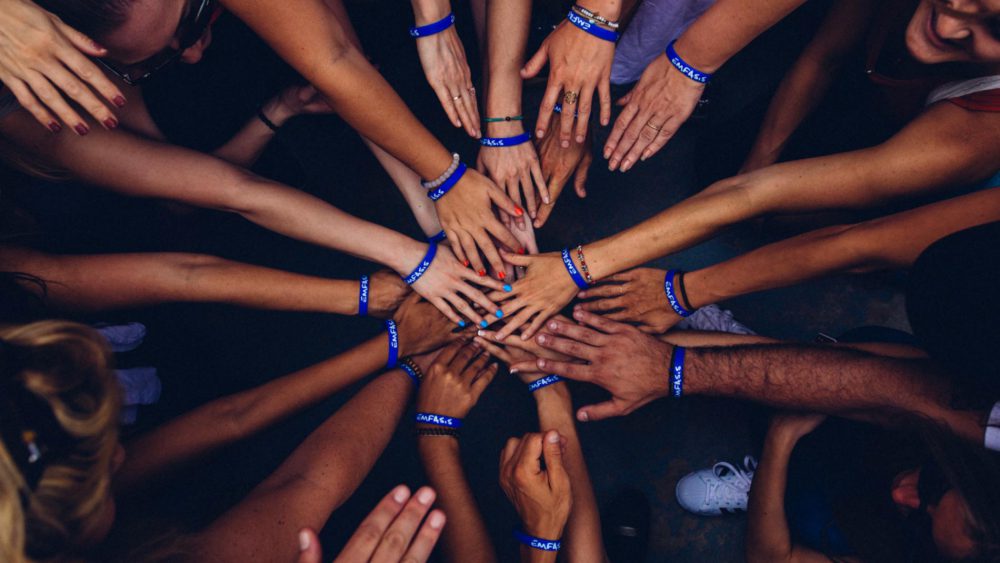Humanity Needs Hospitality
July 10, 2020
Jeremy Wells
It’s easy to feel discouraged and deflated in the world we live in. It’s a world filled with divisiveness, hatred, injustice, wars, and famine. The future we dreamed of a few decades ago, filled with flying cars, urban utopias, and human enlightenment, has turned into a nightmare of tech-zombies, social unrest, and unceasing discontent. It can be overwhelming really. It’s hard for many to feel seen—to feel connected to this mess we call “society”.
The fact is, even with all of our devices in-hand, we’re living in a world where you can communicate without actually connecting. Between the two, there is a significant difference. Connecting with others will plug us in, and give us new perspectives. True connection makes room for listening, understanding, and empathy. Whereas communication is simply an exchange of information, ideas, and, more often, opinions, a connection is an exchange of emotions and humanity. That’s what we’ve lost sight of—our humanity.
“Humanity needs hospitality, and hospitality cannot exist without humanity.”
We need to stop looking at “hospitality” as an industry. It’s not. Hospitality is a mindset. It’s a way of looking at the world, and people around us; it’s putting others before ourselves. It’s a selfless mode of operation, which often feels unnatural, unwarranted, or unnecessary. But it’s quite necessary. These moments of hospitality–and humanity–define our culture, write our history, and pave the road to our future.
When Fred Rogers invited a police officer onto his show to combat racial inequality, he showed a great amount of courage, compassion, and hospitality. When Officer Clemmons sat next to Mr. Rogers and placed his feet in the small pool, the two men shared an important moment in history that broke established barriers. It was true hospitality that made this possible. This seemingly small action is talked about years later—inspiring the next generation to continue the cause.
When “The Helpers“, Victor Kugler, Johannes Kleiman, Johan and Bep Voskuijl, and Miep and Jan Gies, chose to help hide Anne Frank’s family during the reign of Nazi Germany, it was a selfless act. While in hiding, we all know about the diary that Anne wrote. The words of a 13-year-old have forever changed the world. But if it weren’t for the hospitality of the few who helped her, the story would have never been told.
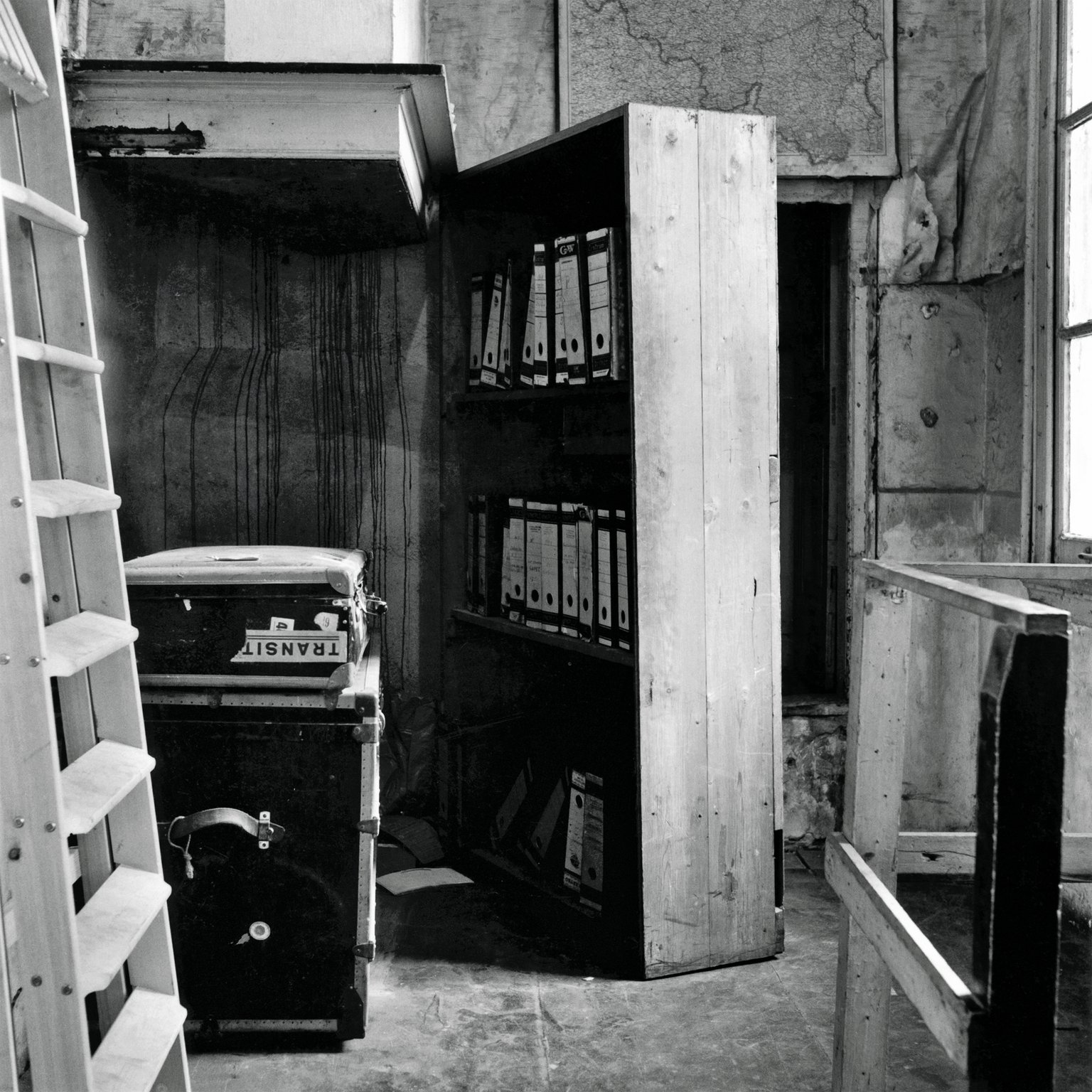
Bookcase Door to Secret Annex 
Anne Frank
Hospitality is a Change-Agent.
One kind word, one affirming smile, one gentle action—that’s all it takes. Yet, in the hospitality industry, the term “hospitality” has become a standard operating procedure, a checklist, a routine. Too many brands now have a vision of hospitality that is blurred by the hunt for increasing occupancy rates, maximizing RevPAR, being the “most hip and trendy”, and pleasing stakeholders. This motivates staff towards performance hospitality, but not to purposeful hospitality. It’s not sustainable.
Purposeful hospitality is much simpler.
Purposeful hospitality isn’t a checklist, instead, it’s just asking yourself one simple question, “Who needs me today?”
We all pass by dozens, if not hundreds, of people every day. Each one of these people–these humans– has a story, a problem, a hurt, a struggle, a mission, a hope, a fear. Each one of us wants to be seen, heard, and understood. All of us have different perspectives, abilities, and influence. We all have something to give or something to take. But, taking is easy. It’s how humans operate in their default state. If we want to make a difference in our world, we need to be givers. Here are three ways we can practice purposeful hospitality.
Practice Giving
You may feel like you have nothing to give, but you do. I’m not talking about money either. Time, energy, thoughtfulness, attention— these are all things we can give to others. You can give to your family, friends, colleagues, customers, or even complete strangers. If we wait to give until we feel like we have something to give, that feeling may never come.
Practice Gratitude
All of us have something to be grateful for. Spend a little moment each day practicing gratitude. Share your gratitude with others as well. Hug someone, send a thank-you note, do a favor and expect nothing in return, give a little gift, or acknowledge someone for whom you are grateful.
“Gratitude is the healthiest of all human emotions. The more you express gratitude for what you have, the more likely you will have even more to express gratitude for.”
Zig Ziglar
Practice Empathy
We often live in our own bubbles of people who look like us, talk like us, vote like us, earn like us, and worship like us. This can cause us to lack empathy for people who are different than us. And while some people may be naturally empathetic, there are still things we can do to practice empathy. Talk to people you wouldn’t normally talk to, ask questions with care and attentiveness, or attend events that you otherwise wouldn’t. Most importantly, listen.
Open Your Doors
Continuing these thoughts into the workplace, we need to remember that every employee and guest is a human, just like us. Allow your doors to be opened to purposeful hospitality.
Our industry has been stuck in a rut; defined by numbers and metrics alone. It’s our responsibility–as professionals and as humans– to move that gauge to things that matter and things that are sustainable. It’s not to say that revenue and occupancy rates don’t matter, they do. Instead, it’s making it clear in our hearts and minds that what really matters is how we help the humans around us; despite our differences, despite our opinions, and despite how we view the world.
Humanity needs love.
Humanity needs encouragement.
Humanity needs hospitality.
Who needs you today?

Connect with Longitude°
Searching for a hospitality branding agency to partner with on your next project? Fill out the form below and let’s talk. Or you can email info@longitudebranding.com
Jeremy Wells
Partner at Longitude°
Jeremy is the author of Future Hospitality and Brand Strategist at Longitude°. As a member of the Education Committee for The Boutique & Lifestyle Leaders Association (BLLA) and a content contributor to Cornell University’s Hospitality Vision and Concept Design graduate program, he is a committed thought leader in hotel branding, concepting, and experience strategy.

